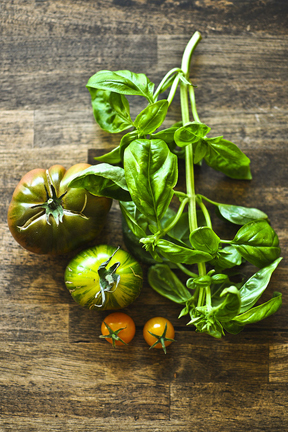I hope the organic food I purchase is “organic,” even though I KNOW all the food I eat is organic.
I realise that sounds confusing, but the word organic has many definitions.
The B.C. Government recently announced it would introduce regulations to govern the word’s use by food producers.
As we know, some farmers undergo extensive and expensive certification to demonstrate they’ve eliminated chemically made fertilizers, hormones and pesticides and genetically altered seed from their operations. Under B.C. and Canadian law, these producers may legally call their products “certified organic.”
Some other farmers eliminate the nasty stuff, but aren’t certified organic. These operations tend to be small and often lease farmland instead of owning it. Current regulations permit them to call their products organic, unsprayed, or pesticide free, provided they don’t market or sell their products outside B.C., or claim certification.
A third group of producers and sellers may exist who don’t use organic practices, but market their goods as such. The intended regulations mostly are meant to stifle these claims.
In these examples, we use Merriam-Webster’s definition of organic—“of, relating to, yielding, or involving the use of food produced with the use of feed or fertilizer of plant or animal origin without employment of chemically made fertilizers, growth stimulants, antibiotics, or pesticides.”
The dictionary’s other definitions of organic encompass broader meanings—for example, “of, relating to, or derived from living organisms” and “of, relating to, or containing carbon compounds.” These definitions turn the organic word-world into a muddy, microbe-infested swamp of connotation and implication….
Read the rest of this editorial at the Victoria Times Colonist….



You must be logged in to leave a reply.